Transcripts
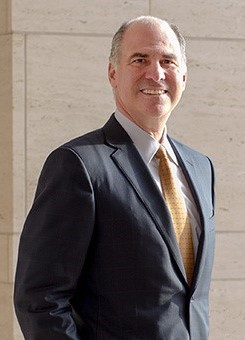 Erik: Joining me now is Harley Bassman, operator of Convexity Maven, a macroeconomic website. And of course Harley is very widely credited as the inventor of the MOVE Index, which is essentially the volatility index, or VIX, for the bond market.
Erik: Joining me now is Harley Bassman, operator of Convexity Maven, a macroeconomic website. And of course Harley is very widely credited as the inventor of the MOVE Index, which is essentially the volatility index, or VIX, for the bond market.
Harley, I want to start with that point, actually, not just to credit you as the inventor. But I interviewed Danielle DiMartino Booth earlier this week and her comment was so many people are like, oh my gosh, is the economy about to fall over into recession? Let’s keep an eye on the stock market and watch for signals.
Her comment was, forget the stock market. Watch the MOVE Index. She thinks that what’s about to happen, if something is about to happen, it’s going to happen in the bond market.
Now, since you are the guy who invented the MOVE index, how useful is it as far as a leading indicator or a predictive signal that might tell us that something is wrong?
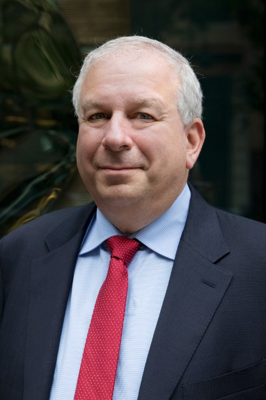 Erik: Joining me now is Gluskin Sheff’s chief economist David Rosenberg. David prepared an excellent slide deck.
Erik: Joining me now is Gluskin Sheff’s chief economist David Rosenberg. David prepared an excellent slide deck.
I’m sure many of you are familiar with “Breakfast with Dave,” perhaps the longest-standing and one of the best-known paid subscription newsletters in the industry. Most of the slides in the deck come from “Breakfast with Dave” and it’s a really excellent deck, so I recommend that you download it.
Registered users will find the download link in your Research Roundup email. If you’re not registered yet, just go to our home page and look for the red button that says Looking for the Downloads? next to David’s picture.
David, it’s great to have you back on the program. Last time that we had you on, you told us a story of an ending or late-stage economic cycle and deteriorating economic conditions. As I perused your slide deck, it looks like those conditions are maybe even getting worse.
So give us an update on what some of the major things are that people will find in the slide deck and what you’re watching in terms of economic signals.
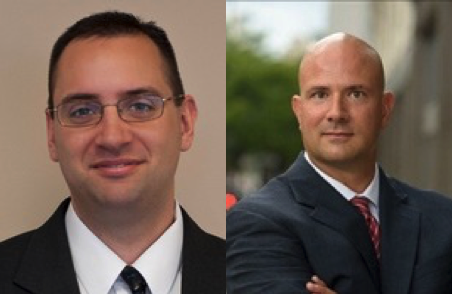
Erik: Joining me now are Alhambra Investments CIO Jeffrey Snider and Forest for the Trees founder Luke Gromen.
As MacroVoices addicts already know, Luke and Jeff have both been outspoken in their MacroVoices All-Stars appearances about a global US dollar liquidity shortage.
But while Jeff and Luke clearly agree that there is a problem, they see that problem differently, sometimes leaving our listeners struggling to understand precisely where they agree and where they disagree.
But Jeff and Luke told me off the air that they both respect one another’s views and neither one of them wanted to be part of any sort of debate intended to prove the other guy wrong. And I applaud both of them for their professionalism in that regard.
But, since so many of you have asked for clarity on where Jeff and Luke agree and where they disagree, they’ve agreed to talk through their views in today’s feature interview.
So let’s jump right in.
Luke and Jeff, you’ve both spoken in the past about a US dollar global liquidity problem. Please help our listeners understand how each one of you understands this problem.
What exactly is the problem? Why is it so important? What caused it? And what adverse effects are being caused by it?
Jeff, why don’t we start with you?
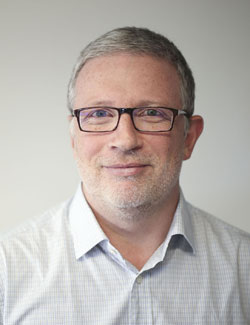 Erik: Joining me now is Grant Williams. I’m learning to say “Grahnt” and not sound American and say “Graant Williams. “
Erik: Joining me now is Grant Williams. I’m learning to say “Grahnt” and not sound American and say “Graant Williams. “
It’s so nice to have you back on the program, Grant. And I want to point our listeners to a download that is available in your Research Roundup email. [If you are not registered, just go to MacroVoices home page and click the “Looking for the Download?” button.]
Grant, of course, is the publisher of “Things That Make You Go Hmmm…” – one of the most respected newsletters in the industry. There was a piece just a couple of weeks ago on gold, which Grant has kindly offered to allow us to distribute for free to listeners. So this is an excellent chance to get both a free copy of a great piece of writing and particularly on a very hot topic. So don’t miss that in the downloads.
Grant, let’s talk, before we get to gold – I want to come back to that – but you were one of the first people to raise the flag and just talk about the utterly preposterous notion that, at the time you said it, we had $13 trillion of negative-yielding sovereign debt around the world. And it seemed crazy.
And at the time it almost felt like maybe it had peaked, because that was just at the beginning of the last time interest rates were bottoming. And it started to go up and maybe that was the end of it.
But now we’ve not only eclipsed that $13 trillion, it was $15 trillion last I checked. And I wouldn’t be surprised if it’s gone considerably more. I’m sure you must be on top of it.
How much negative-yielding sovereign debt do we have around the world at this point? And, probably more to the point, what the heck is going on here?
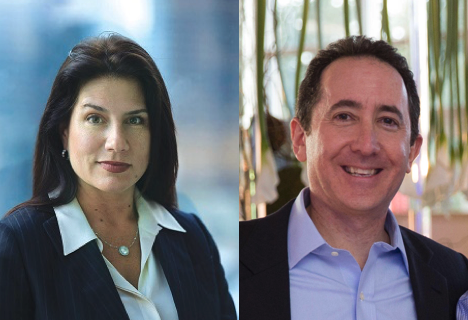 Patrick: Okay, so I want to move on now to talking about inflation and deflation. And I know Peter and Danielle, you’ve both spent a lot of time talking about this between the two of you and have different views on what are the risks and where things are going.
Patrick: Okay, so I want to move on now to talking about inflation and deflation. And I know Peter and Danielle, you’ve both spent a lot of time talking about this between the two of you and have different views on what are the risks and where things are going.
So let’s start with you, Peter. What’s your feelings about inflation and where we are in the market? And what are really the risks moving forward with inflation and potentially even deflationary risks?
Peter: Most people, and central bankers in particular, they look at inflation as black or white. Either going up or it’s going down. There’s either inflation or there is deflation.
And I believe that inflation is really in the eye of the beholder in that you can argue, okay, take the quantity of money that central banks have created. Well, that’s highly inflationary. But where does it show up?
Well, we know that there has been, obviously, massive inflation in asset prices, epic inflation in credit markets. And then, on consumer prices, there’s been more muted inflation.
But even within that, what do you look at? Do you look at CPI or do you look at PCE? Do you look at the PCE or do you look at Dallas Fed trimmed-mean PCE? Do you look at CPI or the Cleveland trimmed-mean CPI?
Well, each of them measure different things.
MACRO VOICES is presented for informational and entertainment purposes only. The information presented in MACRO VOICES should NOT be construed as investment advice. Always consult a licensed investment professional before making important investment decisions. The opinions expressed on MACRO VOICES are those of the participants. MACRO VOICES, its producers, and hosts Erik Townsend and Patrick Ceresna shall NOT be liable for losses resulting from investment decisions based on information or viewpoints presented on MACRO VOICES.
